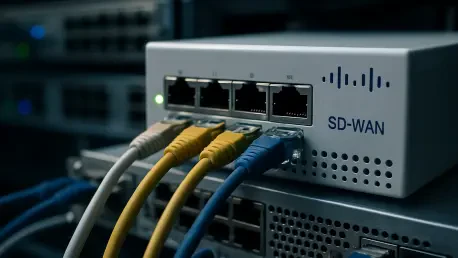
Modern enterprise connectivity relies on a delicate balance between accessibility and defense, yet recent discoveries regarding Cisco Catalyst SD-WAN systems reveal a sobering reality about how easily that balance can be shattered. Security researchers have confirmed that a critical vulnerability,

The digital border between internal corporate networks and the chaotic public internet has become a theater of relentless, automated aggression where security sensors now log nearly 3 billion malicious sessions over a single six-month observation window. This translates to a staggering 212

The global telecommunications landscape is currently undergoing a fundamental transformation as mobile operators move away from traditional hardware-centric models toward a sophisticated AI-native Radio Access Network architecture. This shift represents a departure from the rigid designs of the

The digital infrastructure sector has reached a pivotal moment where the raw availability of electrons now dictates the global map of innovation more than the proximity to corporate headquarters. While the industry once thrived on the extreme concentration of server farms in a handful of "tier-one"

The inherent fragility of modern internet infrastructure becomes painfully obvious whenever a major cloud provider experiences a momentary glitch that cascades into global service outages affecting millions. While centralized data centers have historically offered efficiency and rapid scalability,

The staggering realization that nearly eighty percent of enterprise data remains "dark" or unclassified has forced a long-overdue reckoning for global storage providers. While corporations have spent the last few years aggressively accumulating massive pools of information, the lack of visibility